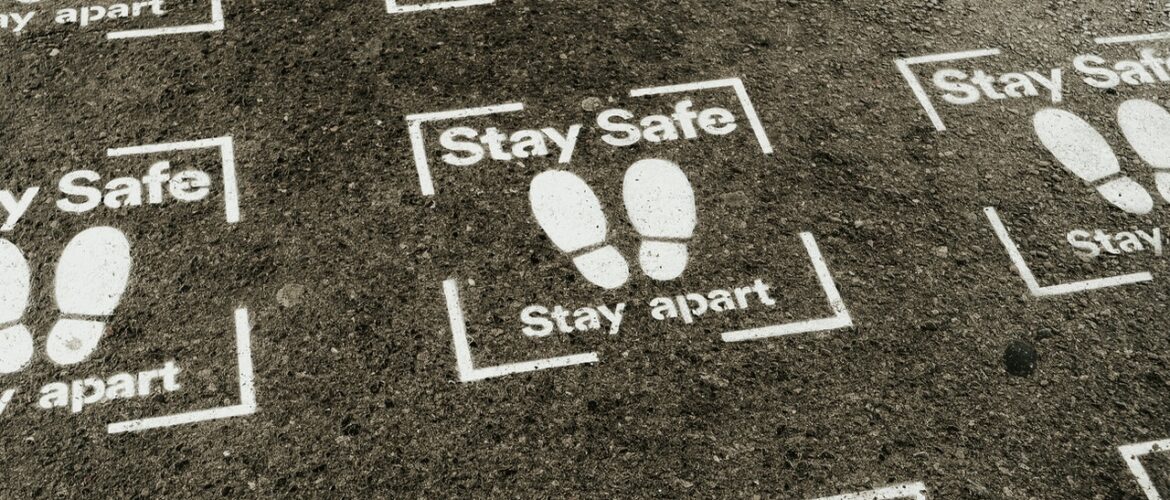The events industry has been one of the most profoundly affected ones following the worldwide COVID-19 pandemic. We reflect on the future of events and look into three advocacy and knowledge sharing initiatives taken by various groups internationally.
We start with ICCA, the International Congress and Convention Association, to which WLO recently became a member. The questioning of the future of events has been at the heart of this organisation from the very beginning of the COVID-19 pandemic. To support this reflection they have issued a publication, the Good Practice Guide: Addressing COVID-19 Requirements for Re-Opening Business Events – Version 2 produced jointly by AIPC, the International Association of Convention Centres, ICCA, the International Convention and Congress Association and UFI, the Global Association of the Exhibition Industry.
Back in July this year, the Joint Meetings Industry Council has released a manifesto that sets out arguments as to why business events (meetings, conventions and exhibitions) can and should be utilized to drive economic recovery and renewal in the post-COVID-19 era. The manifesto describes 15 ways business events create strategic advantages (including multi-sector impacts, relationship & trust, community legacies among others). While the industry and many meetings are themselves global, the decision processes around reopening events are often made locally, and can be tied to local economic recovery strategies. The manifesto is indented to help industry professionals in different parts of the world to articulate the impact of their work and strengthen the role of the industry towards policy makers.
In September of this year, over 2.000 buildings were lit up in red across the US as part of the #RedAlert campaign led by Live Event Industry organisations, including WeMakeEvents and ExtendPUA.org which have joined forces to urge Congress to pass the RESTART Act, which benefits all small businesses. Buildings included iconic structures, theaters, production houses, hotels, casinos, opera houses, arenas etc. and were engaged to “literally shine a light on how many have been affected”.
For an industry very much affected by the COVID-19, those are steps of bringing major stakeholders together at various levels and at different geographies to raise their voice and to provide evidence towards the need for ongoing support for the sector. Could this be an opportunity for better events and experiences in the future?





Leave a Comment